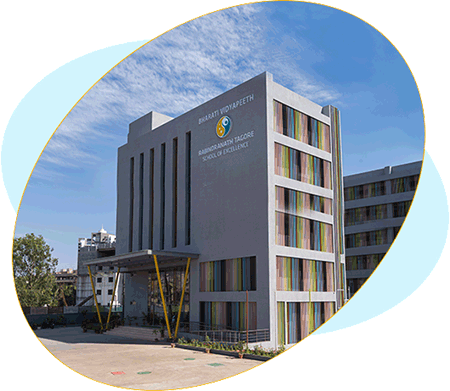Preparing for the 10th board exams requires a balanced approach that includes effective study strategies, mental peace, and good health. Here’s a structured plan:
Study Preparation
- Create a Study Plan – Allocate time for each subject based on difficulty and importance.
- Understand Concepts – Focus on understanding rather than rote learning.
- Practice with Previous Papers – Solve past papers and sample.
- Make Notes – Write down key formulas, definitions, and concepts for quick revision.
- Time Management – Set specific study hours and include short breaks to maintain focus.
- Mock Tests – Attempt full-length mock tests to build confidence and improve speed.
- Ensure daily revisions.

Mental Peace & Motivation
- Stay Positive – Believe in yourself and avoid unnecessary stress. Break big tasks into small, manageable goals.
- Take Breaks – Avoid long hours of study without breaks. Use the Pomodoro technique (25 min study, 5 min break).
- Meditation & Deep Breathing – Helps reduce stress and improve concentration.
- Avoid Comparisons – Everyone has their own pace; focus on your improvement.
- Talk to Someone – If stressed, discuss with parents, teachers, or friends for support.
Health & Wellness
- Eat Healthy – Avoid junk food; include fruits, vegetables, and protein in your diet.
- Stay Hydrated – Drink enough water to keep your mind fresh.
- Get Enough Sleep – At least 7-8 hours of sleep is essential for better memory and focus.
- Exercise & Physical Activity – A short walk, yoga, or stretching can refresh your mind.
- Avoid Excess Screen Time – Reduce distractions like social media to maintain focus.
Final Tips
• Start revision early, don’t leave things for the last moment.
• Use technology wisely educational videos, apps, and online quizzes can help.
• Have faith in your preparation and stay calm on the exam day.
Subject-Specific Tips for IGCSE
English (First & Second Language)
✔ Practice essay writing and comprehension daily.
✔ Focus on time management—allocate time for reading, writing, and review.
✔ Improve grammar and vocabulary by reading newspapers or model answers.
✔ Practice summary writing and directed writing (letters, reports, articles).
Mathematics
✔ Memorize all key formulas and theorems—write them down for daily revision.
✔ Solve a variety of past paper questions, focusing on weak areas.
✔ Learn multiple methods to solve problems to improve efficiency.
✔ Practice without a calculator for basic calculations to improve speed.
(Physics, Chemistry, Biology)
✔ Physics: Understand concepts, not just formulas. Solve numerical problems regularly.
✔ Chemistry: Memorize chemical reactions, periodic table trends, and practice balancing equations.
✔ Biology: Revise diagrams, biological processes, and key definitions.
✔ Solve structured and multiple-choice past papers for all three subjects.
History & Geography
✔ Use timelines and mnemonics for historical dates and events.
✔ Write structured answers using key evidence to support arguments.
✔ Practice past paper essay questions with a focus on evaluation.
✔ For Geography, focus on case studies, map skills, and data interpretation.
ICT / Computer Science
✔ Learn key theory concepts (hardware, software, networking, databases).
✔ Practice coding and pseudocode for programming-based questions.
✔ Go through past paper practical questions (spreadsheet formulas, databases).
Business Studies / Economics
✔ Understand key terminologies and definitions.
✔ Practice case study-based questions and relate them to real-life examples.
✔ Revise business calculations (profit, interest, break-even, etc.).
Final Exam Tips
✅ Solve at least 5-7 past papers per subject before the exam.
✅ Use active recall, summary sheets, and mind maps for revision.
✅ Take care of your mental health—meditate, take breaks, and get enough sleep.
✅ Stay consistent and avoid last-minute cramming.